Dell tackles ‘complexity’ with virtualisation products
It may be a mature market, but Dell is focusing its new offerings on the simplification of virtualisation.


Although many businesses are already well down the road when it comes to virtualisation, Dell claims complexity needed to be removed from the technology and it was the company to do it.
At a launch held in London today, the hardware company announced a number of new products and services to address the area, with several partners on board.
The headline launch was the Dell vStart, a rack-based server which comes loaded with either 100 or 200 virtual machines to make the implementation of virtualisation a one-buy solution. The idea is to pick your size, place your order and then it will arrive ready made and pre-tested for your datacentre.
"A virtual machine might sound simple... but actually it is more complicated because you have to add storage, networking, management; integrating all of those can be quite difficult," said Praveen Asthana, vice president of storage and networking at Dell.
"[vStart] has everything you need to run them all fully loaded and ready to go, including management and services. The key here is make virtualisation simple, for both the SMB to a very large customer."
The 100 VM model, however, only has one array, making it a nervous choice for those running mission-critical applications.
It currently uses Equalogic storage but executives admitted its recent Compellent acquisition would see a new version incorporating that technology instead.
Get the ITPro daily newsletter
Sign up today and you will receive a free copy of our Future Focus 2025 report - the leading guidance on AI, cybersecurity and other IT challenges as per 700+ senior executives
Dell was set on continuing the "open, capable and affordable" attitude it has been promoting for quite some time, so it offered an extra choice for customers when it came to what was built into vStart.
Although it will initially ship with a VMware hypervisor, interested parties will be able to run a multi-hypervisor environment, using VMware, Microsoft's Hyper-V or even Xen.
"Today there isn't a lot of choice in the world and we want to make sure as part of our open strategy... that choice is there," added Asthana.
Going forward, the company will be looking at application specific vStarts, as well as the idea of a private cloud offering "in a box," he added.
Next up was desktop virtualisation.
"We are now at the fifth time virtualised desktops should be ruling the earth," joked Bryan Jones, marketing director for public and large enterprise at Dell. "Why are we not there yet?
He believed the technology now had "scale and scope" though and Dell wanted to offer it as a service for customers, running from its datacentres, to remove implementation complexity.
Of course, Dell will happily come into offices and set it up on premise if that is a company's preference, but it hopes by offering it over a cloud model, more companies may be encouraged.
New global centres
To support these new offerings, Dell is expanding its worldwide presence with an investment of $1 billion (600 million). This will go towards both extra datacentres and what it refers to as global solutions centres.
There will be a further ten data centres opened worldwide. Although the exact locations were kept secret, Eric Velfre, director of enterprise in Europe, the Middle East and Africa (EMEA), claimed there would be a "good number" based within Europe to support the cloud services on offer.
However Logan McLeod, director of public cloud at Dell, admitted the company would "not be going after the credit card swiping customers" like Amazon when it came to its Infrastructure as a Service (IaaS) offering, housed within the datacentres.
When it comes to global solutions centres, there will be a further 12 although this is a mixture of refurbished centres and brand new facilities. The purpose is to house all the up-to-date technology, along with engineers from the company, so prospective customers have somewhere to go and test out options, as well as ask questions around both the technology and services.
The UK will not be getting one but Limerick, Paris and Frankfurt will be the beneficiaries in Europe.
Jennifer Scott is a former freelance journalist and currently political reporter for Sky News. She has a varied writing history, having started her career at Dennis Publishing, working in various roles across its business technology titles, including ITPro. Jennifer has specialised in a number of areas over the years and has produced a wealth of content for ITPro, focusing largely on data storage, networking, cloud computing, and telecommunications.
Most recently Jennifer has turned her skills to the political sphere and broadcast journalism, where she has worked for the BBC as a political reporter, before moving to Sky News.
-
 Should AI PCs be part of your next hardware refresh?
Should AI PCs be part of your next hardware refresh?AI PCs are fast becoming a business staple and a surefire way to future-proof your business
By Bobby Hellard Published
-
 Westcon-Comstor and Vectra AI launch brace of new channel initiatives
Westcon-Comstor and Vectra AI launch brace of new channel initiativesNews Westcon-Comstor and Vectra AI have announced the launch of two new channel growth initiatives focused on the managed security service provider (MSSP) space and AWS Marketplace.
By Daniel Todd Published
-
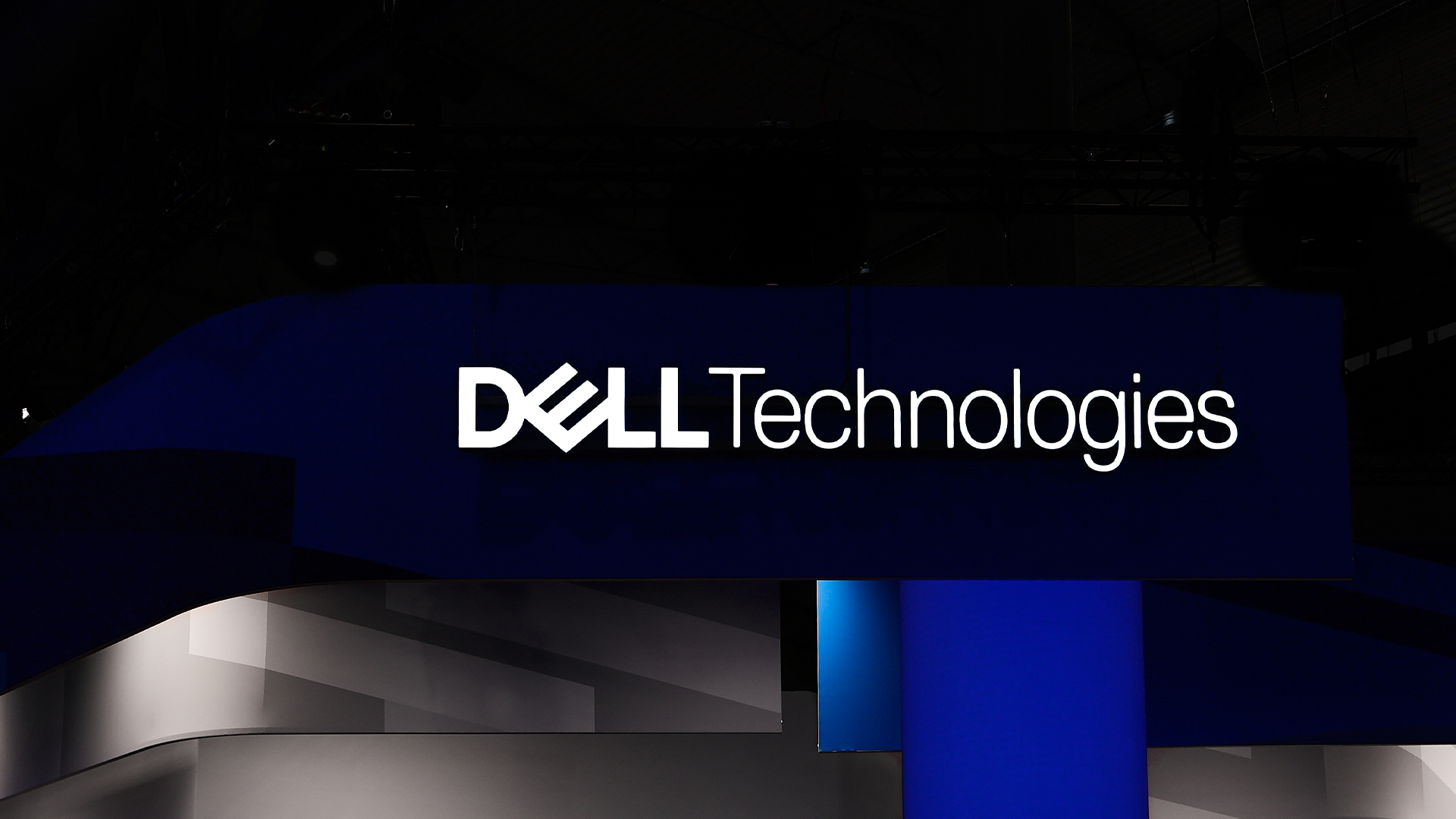 Scale of Dell job cuts laid bare as firm sheds 10% of staff in a year
Scale of Dell job cuts laid bare as firm sheds 10% of staff in a yearNews Dell Technologies’ workforce has reduced significantly in recent years, figures show, with headcount at the tech giant dropping by 10% in 2025 alone.
By Nicole Kobie Published
-
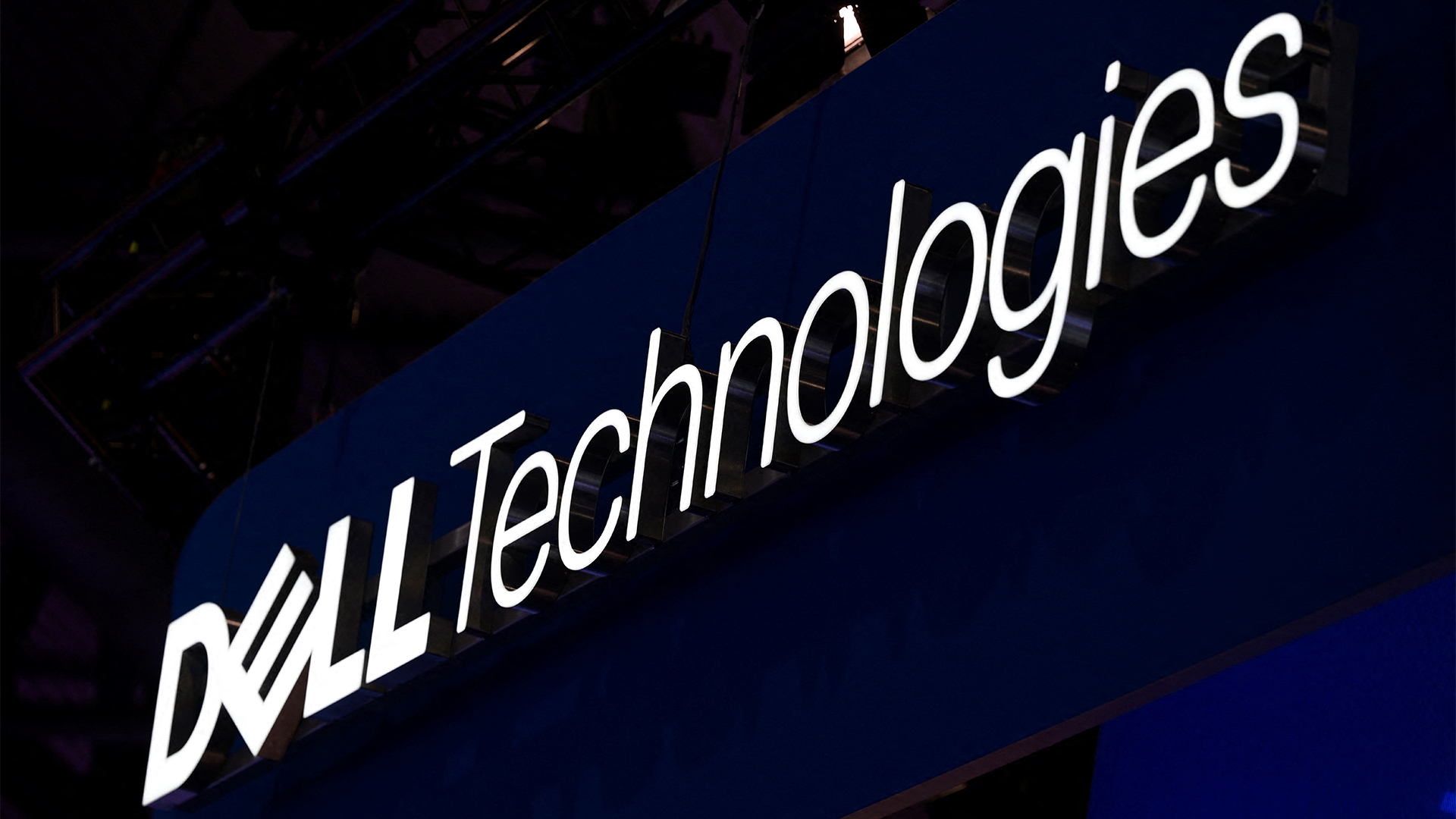 Dell Technologies just revamped its Partner Program for 2025 – here's what to expect
Dell Technologies just revamped its Partner Program for 2025 – here's what to expectNews Dell Technologies has unveiled its revamped Partner Program for 2025, offering a range of new incentives for partners.
By Emma Woollacott Published
-
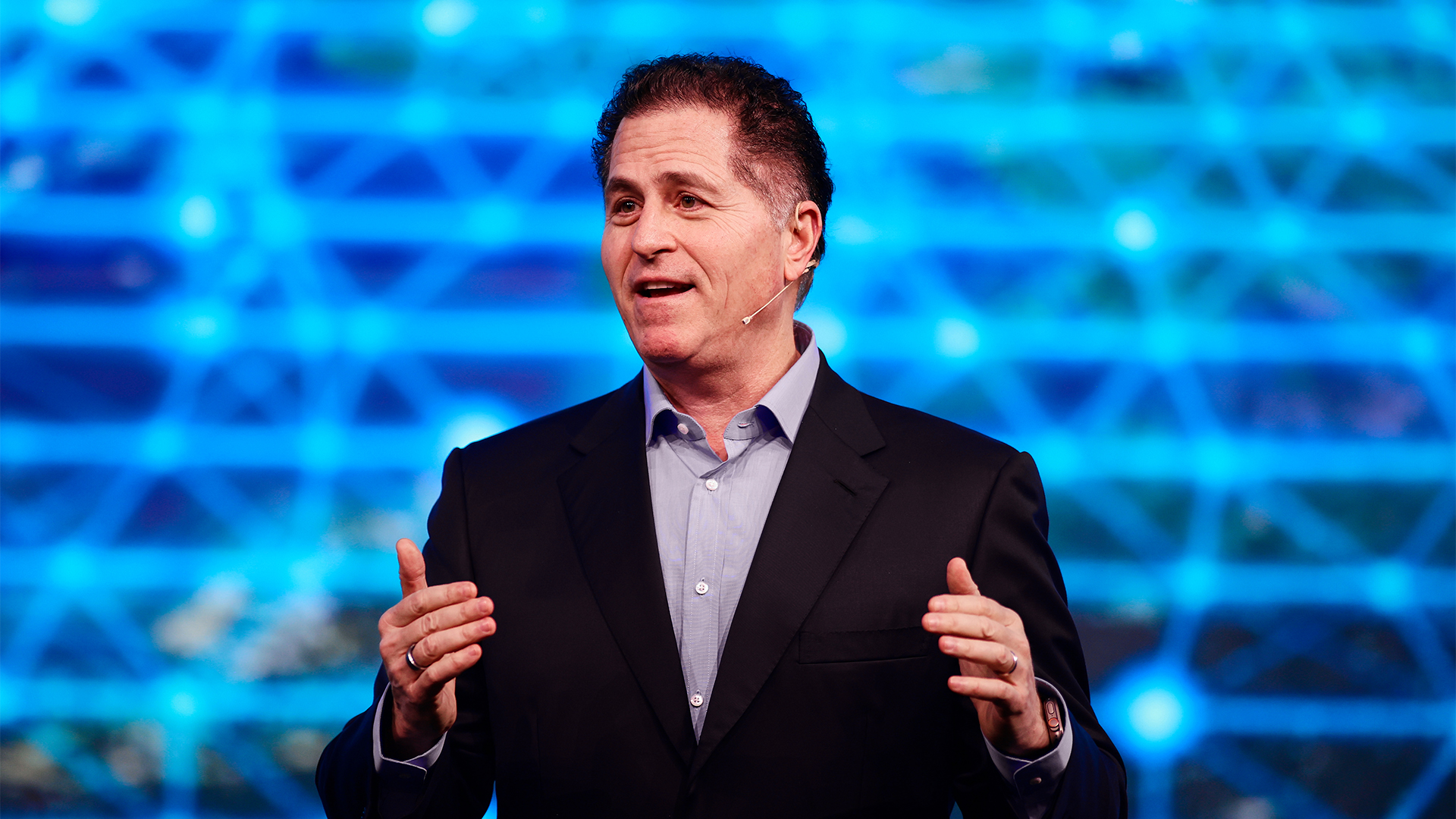 'Nothing is faster than the speed of human interaction': Dell orders staff back into the office as the company shakes up hybrid working practices
'Nothing is faster than the speed of human interaction': Dell orders staff back into the office as the company shakes up hybrid working practicesNews Dell Technologies has ordered staff to return to the office five days a week, according to reports, with some exceptions allowed for staff located too far from physical office sites.
By Emma Woollacott Published
-
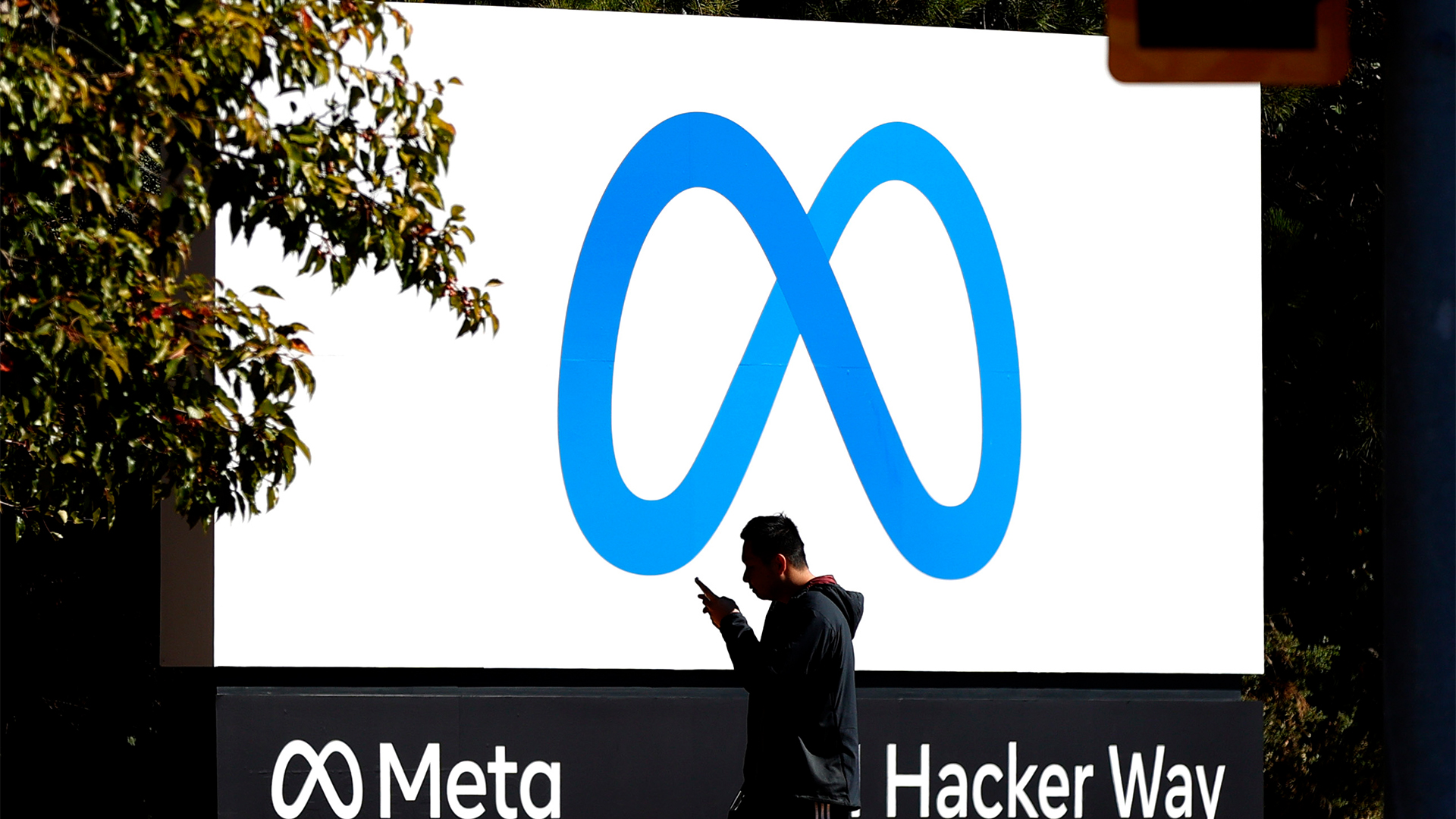 Meta layoffs hit staff at WhatsApp, Instagram, and Reality Labs divisions
Meta layoffs hit staff at WhatsApp, Instagram, and Reality Labs divisionsNews The 'year of efficiency' for Mark Zuckerberg continues as Meta layoffs affect staff in key business units
By Ross Kelly Last updated
-
 Business execs just said the quiet part out loud on RTO mandates — A quarter admit forcing staff back into the office was meant to make them quit
Business execs just said the quiet part out loud on RTO mandates — A quarter admit forcing staff back into the office was meant to make them quitNews Companies know staff don't want to go back to the office, and that may be part of their plan with RTO mandates
By Nicole Kobie Last updated
-
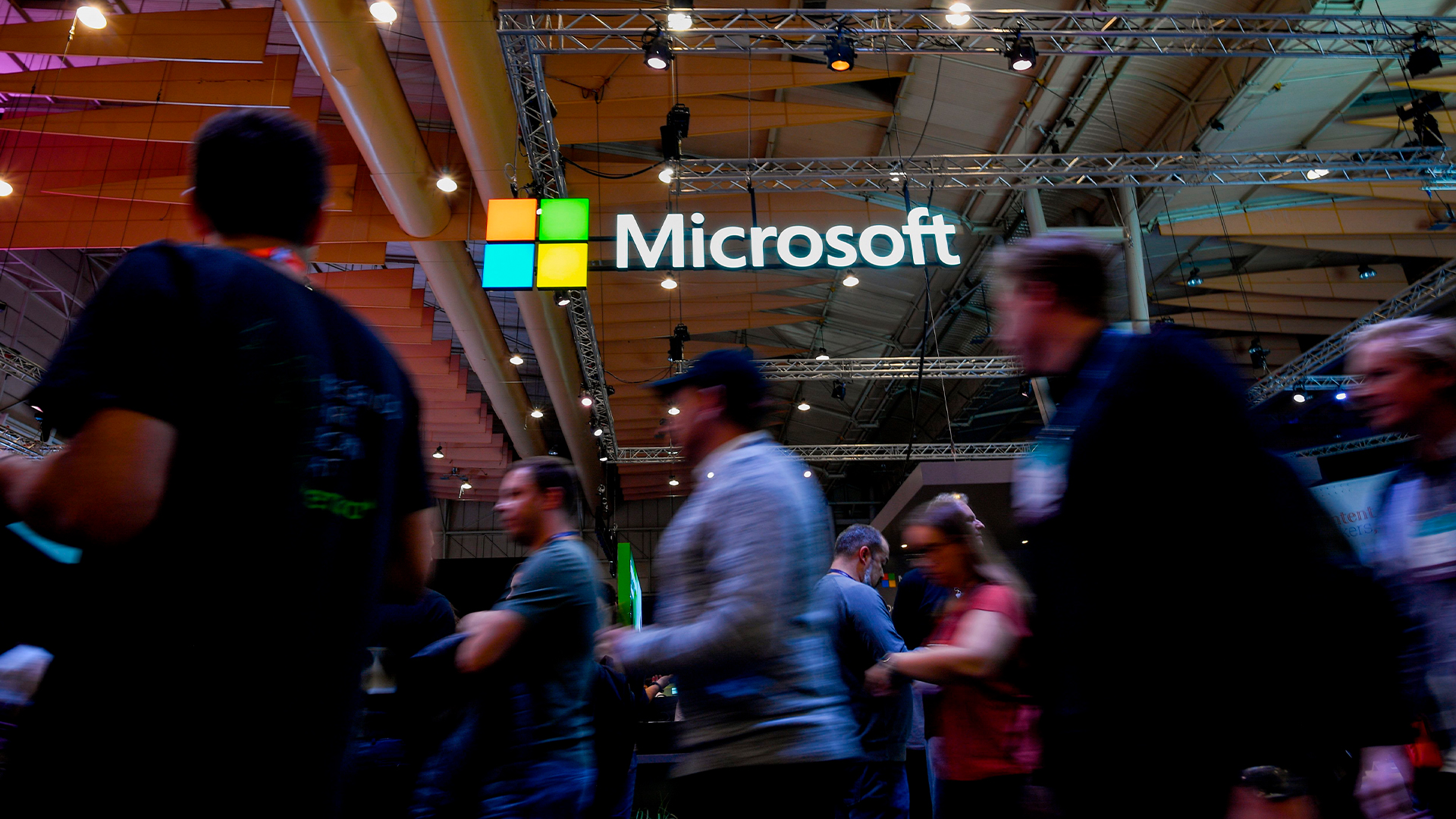 Microsoft tells staff it won’t follow Amazon or Dell on enforcing a return to the office – but there’s a catch
Microsoft tells staff it won’t follow Amazon or Dell on enforcing a return to the office – but there’s a catchNews While other big tech companies are forcing reluctant workforces back into the office, Microsoft isn’t following suit
By George Fitzmaurice Published
-
 Amazon workers aren’t happy with the company’s controversial RTO scheme – and they’re making their voices heard
Amazon workers aren’t happy with the company’s controversial RTO scheme – and they’re making their voices heardNews An internal staff survey at Amazon shows many workers are unhappy about the prospect of a full return to the office
By Ross Kelly Published
-
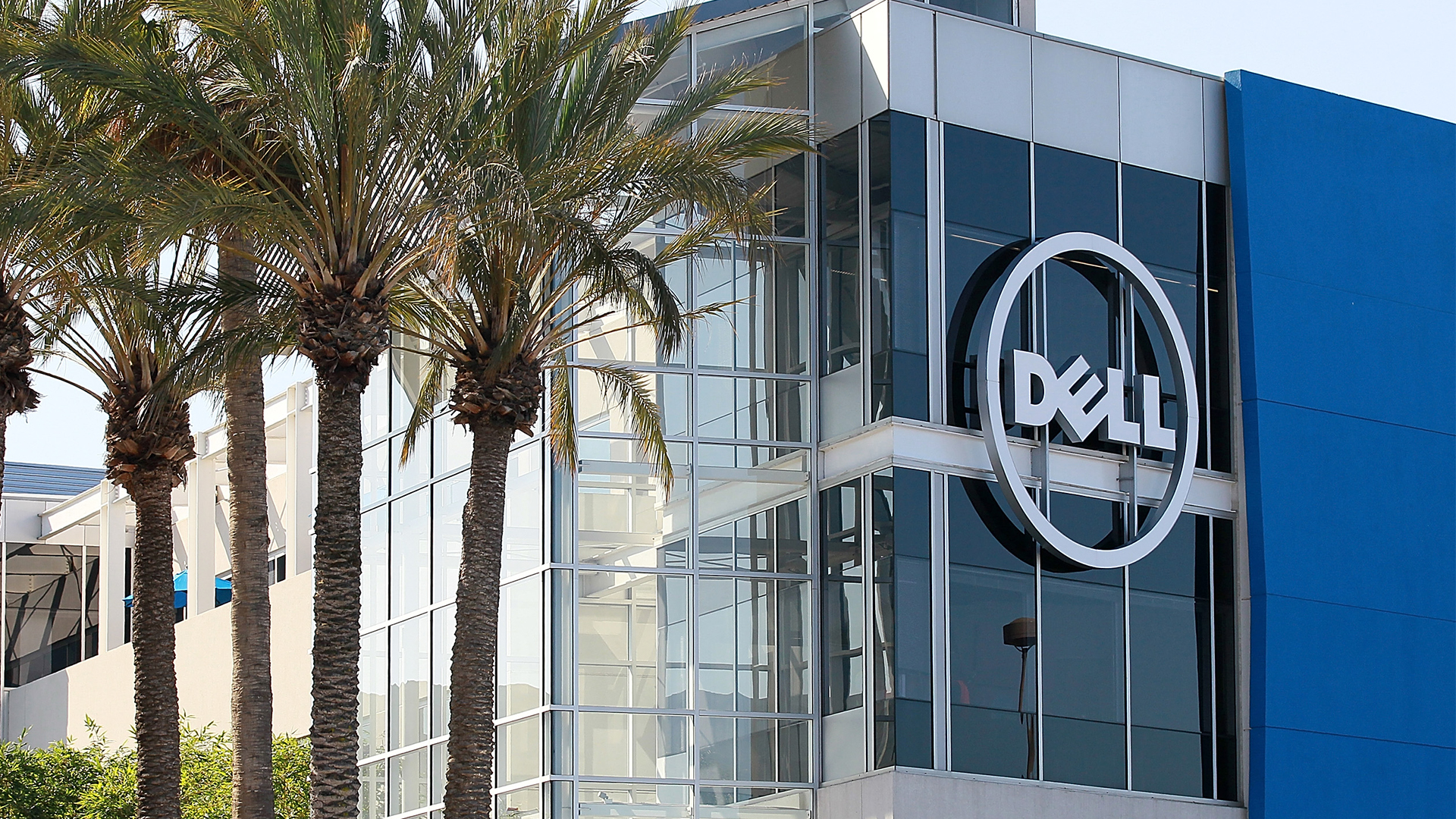 Predicts 2024: Sustainability reshapes IT sourcing and procurement
Predicts 2024: Sustainability reshapes IT sourcing and procurementwhitepaper Take the following actions to realize environmental sustainability
By ITPro Published